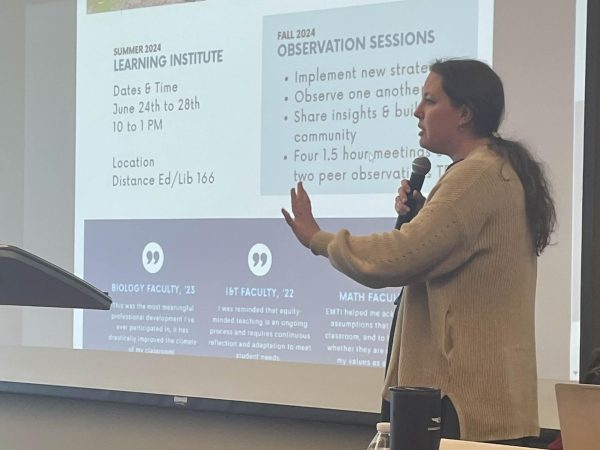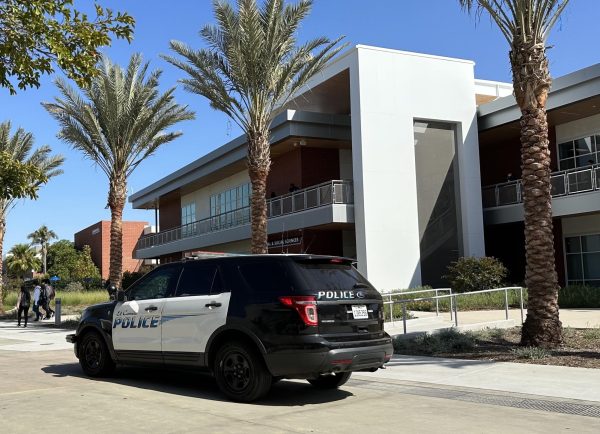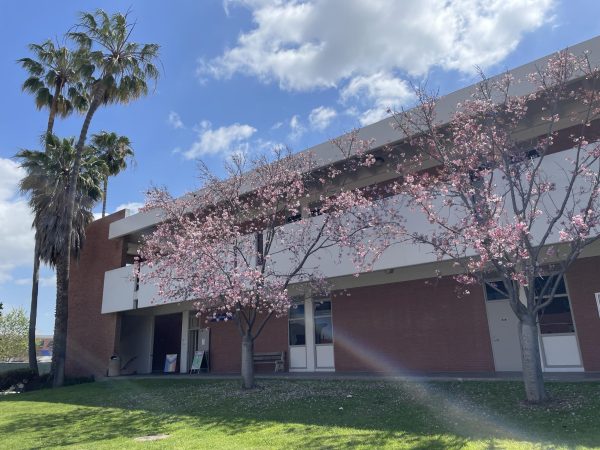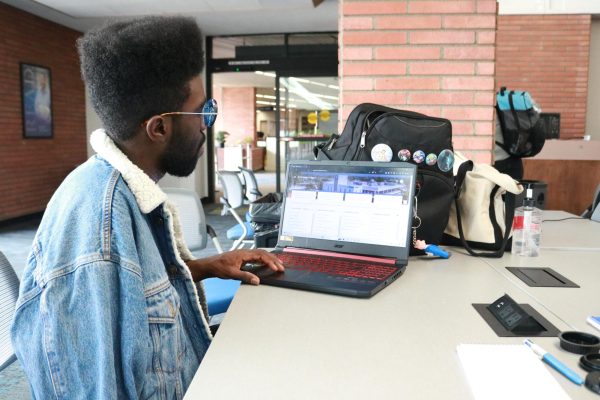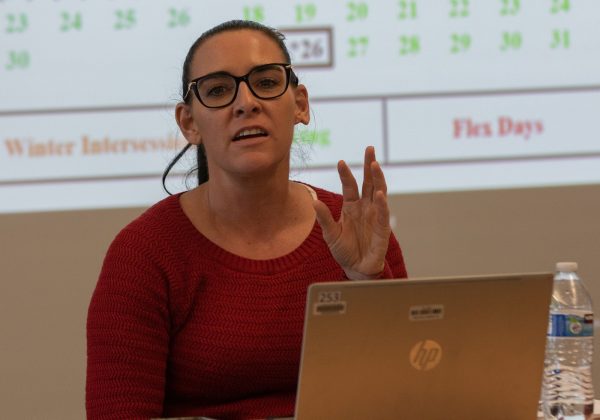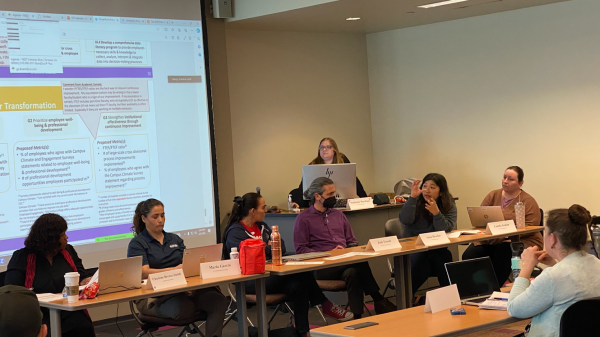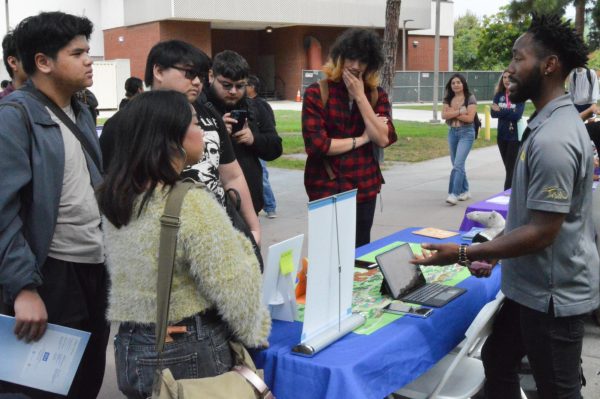New Canvas update causing issues on loaner laptops
A Canvas update in early August has caused the program to cease working on older Chromebooks, leaving some El Camino College students unable to access it for classes.
Some Chromebooks purchased as recently as 2020 could not be updated to a modern version of the Chrome operating system because they run a version that was built in 2017.
Educational technology company Instructure is the developer of Canvas, one of higher education institutions’ most used learning management systems.
Students and professors use the software on various computers and mobile devices to manage classwork, watch lectures, and work on labs.
Due to security and efficiency reasons, Instructure relies on browser access to offer their services which no longer gives support to older versions of browsers.
The department of online and digital education at El Camino did not know that students had encountered problems regarding this issue until reports started coming in.
Not every student at El Camino with a Chromebook has reported the issue and with no accurate method of measuring the count of affected laptops, the number of students affected remains unknown to The Union.
Distance Education Faculty Coordinator, Moses Wolfenstein, said that some technology hardware companies are trying to increase profits while stepping back on product longevity.
“I would consider it very dishonest to sell a machine in 2020 that you’re not going to be able to support a software upgrade on over the coming three years,” Wolfenstein said.
With Instructure, Wolfenstein said he wants them to be more transparent with their periodic updates by informing those concerned about whether it will be a routine update or an infrastructure-oriented release, which may cause problems, such as the update in early August.
“If [Instructure is] doing a release like that, I would just like to see in the release notes just a big, bold highlight that gives a reminder we only support up to so and so for this release,” Wolfenstein said.
Due to the pandemic, technological problems regarding software updates and hardware issues have become more prevalent.
Learning management systems specialist, Gema Perez said that there were more problems on the faculty side because many were not interested in learning about the software, so students rose to the occasion.
“Before the pandemic, it was the student’s responsibility, but now that the college has the loaner program, it’s a shared responsibility,” Perez said.
The Laptop Loan and Internet Access Hotspot Program at El Camino started as a pilot program in 2019, and as a result of the pandemic, the program became more important.
El Camino has been phasing out Chromebooks as they are no longer a part of the lending program by adding other laptops such as Dell and HP.
Library learning resource specialist Erika Yates said that the program became a necessity in the pandemic and that they have done a good job ensuring students have what they need.
“If you’re a struggling student on your own, you have several choices to make, I think the school is understanding of that, so when it comes to fulfilling the needs of their students, they’re pretty good about it,” Yates said.
Wolfenstein also encourages anyone who has trouble with their Chromebooks or other devices to reach out to the lending program.
“I think that we as an institution, even though there is a separate challenge about system and software maintenance on our loaners, we strive to be able to support all the students who have a need,” Wolfenstein said.


